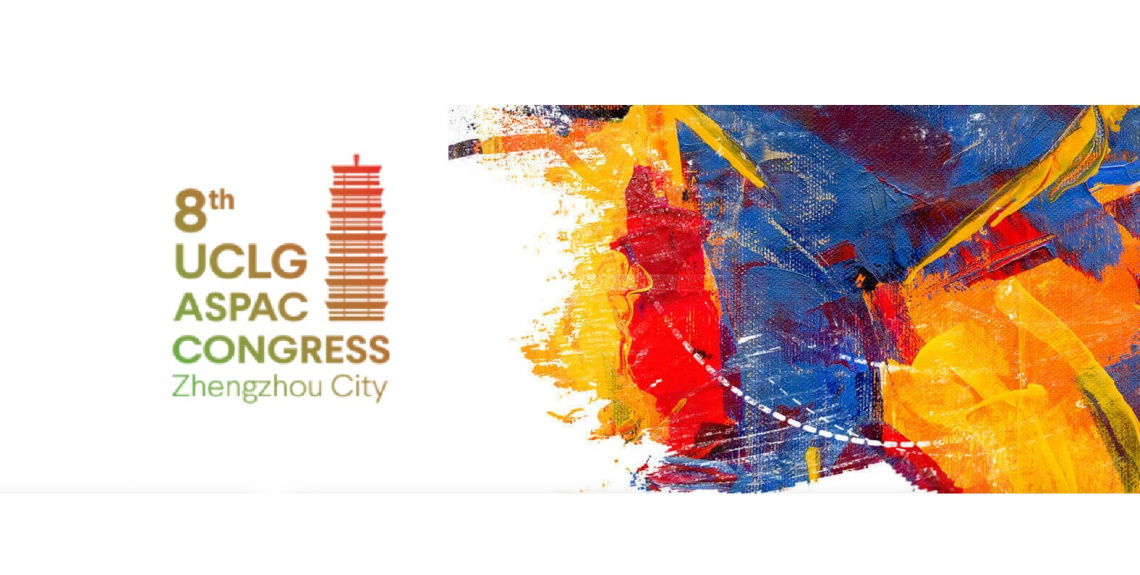A side event held on 7 September during the last UCLG ASPAC Congress brought together mayors and relevant urban stakeholders in the Asia Pacific region to place human rights high in the regional agenda on SDGs localization and post COVID-19 recovery. The Raoul Wallenberg Institute presented its Handbook to support local governments operationalize human rights commitments.
Human rights are becoming a topical issue in local government discussions about post COVID-19 recovery and how to ensure an inclusive implementation of the Agenda 2030. The Asia Pacific region has recently seen fundamental developments in this sense, with local governments and human rights defenders coming together to advance new narratives, collective initiatives and actions inspired by the rights-based approach.
The last UCLG ASPAC Congress also addressed this agenda through its dedicated event “Human Rights and Post-Pandemic Future: Opportunity in Crisis”. The event sought to explore local experiences in building rights-based agendas to put social needs at the center of post-pandemic recovery while fostering global solidarity. A particular emphasis was placed on exploring the relationship between the localization of SDGs and human rights.
The mayor of Birgunj (Nepal), Vijay Kumar Sarawagi, was amongst the session’s panellists. Mr. Sarawagi shared his city’s experience in introducing rights-based management practices. Among others, this is allowing the municipality to establish a wide consultation process at the level of society while maintaining communal harmony.
Mayor Benjamin B. Magalong from Baguio (Philippines) introduced various initiatives undertaken for “Baguio to move forward as one city” throughout the crisis. Accordingly, Baguio provided economic relief to the most affected while guaranteeing access to homeschooling and decentralized health services. Baguio's recent efforts also focused on protecting women victims of violence through police coordination and social welfare.
The partnership agreement between the UCLG ASPAC and the Raoul Wallenberg Institute is playing an important role in supporting local governments adopt more consolidated human rights agendas. As a matter of fact, this session offered an opportunity for UCLG ASPAC members to discover the latest “Handbook on localizing human rights in the context of SDGs” produced by a group of academic partners from Indonesia and India led by the Raoul Wallenberg Institute.


